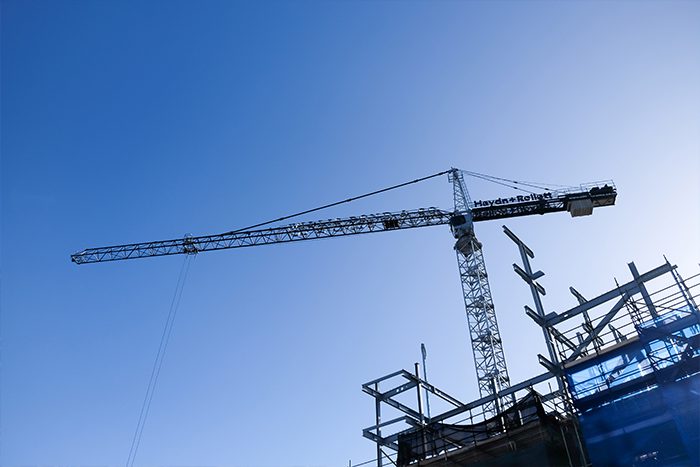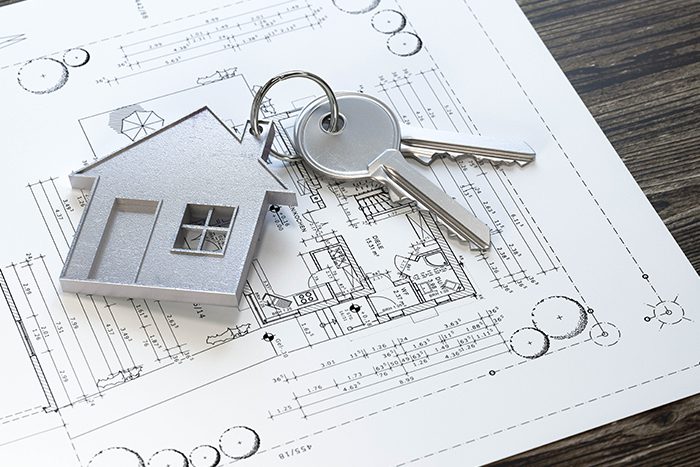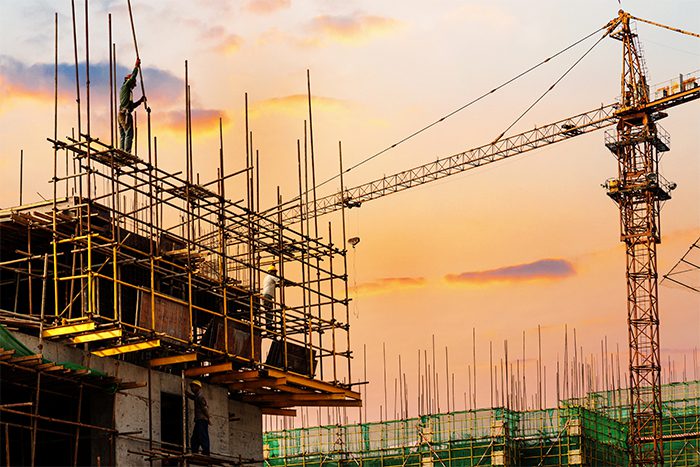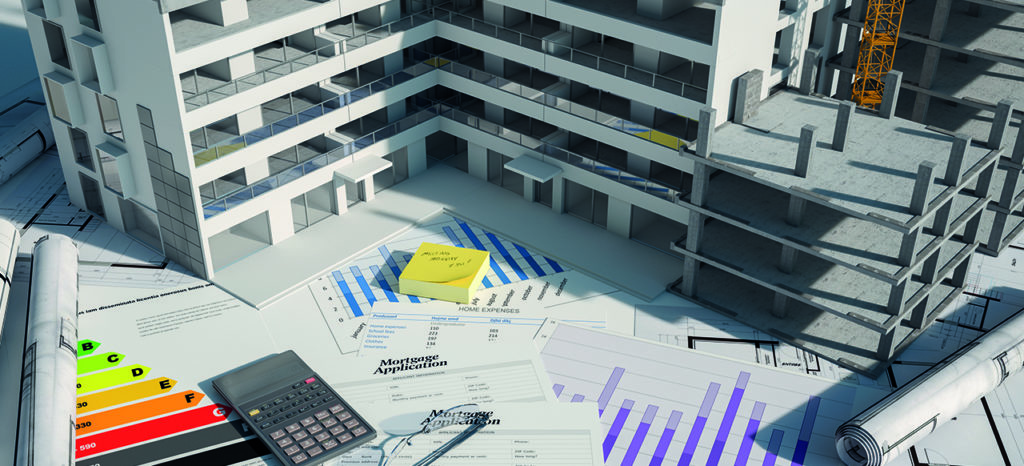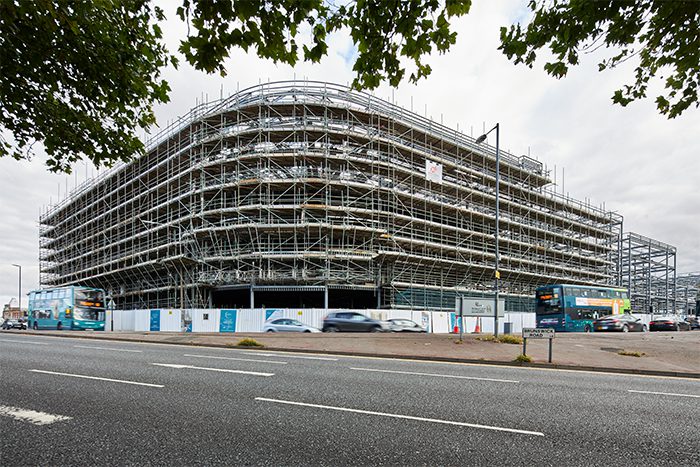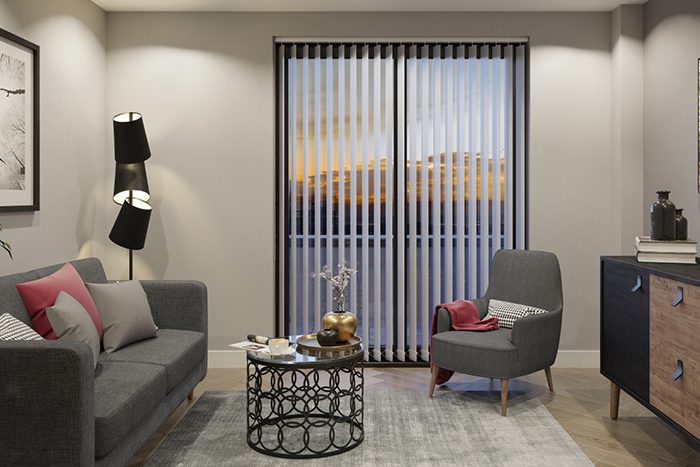House flipping is an increasingly popular form of property investment for those with vast expertise in the market.
It involves purchasing a property that is typically undervalued and then selling it on quickly for a profit. This can include repairing and upgrading a disused property or holding onto it and then selling.
So, how does house flipping work for off-plan property?
Let’s say you’ve identified a property that’s worth around £200,000. You will pay a deposit to secure the unit, which can be as low as 10% but can range to higher levels.
With a 10% deposit, that means you’ve paid £20,000 up front.
Fast forward 12 months, and the property is still under construction but the surrounding area is having a property market boom. All of a sudden your property is worth an extra £20,000 in this new market.
If you want to flip your house, there’s two things you can do here.
You can either wait until completion and then sell the property on for the extra profit, or sell it on before it’s completed to another investor.
Here, they may pay you £40,000 for the right to buy the unit. In practical terms it means they’re paying the current £220,000 worth of the property as they anticipate the price will continue to rise.
This £40,000 fee will cover your initial £20,000 profit, and will give you a 100% return on your investment.
This methods sound great, but it isn’t recommended you opt for this route.
Firstly, flipping your property is only suited for cash buyers, with mortgage lenders unlikely to supply cash for this type of investment.
Secondly, you won’t be able to take advantage of any future capital growth rates or regular rental income.
The latter is one of the main reasons why proper investment is so good, which is why the next option is recommended for a successful off-plan property investment.

